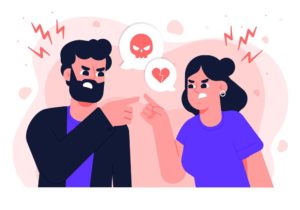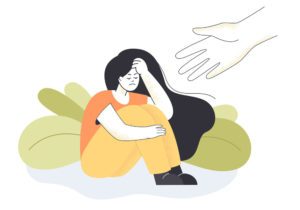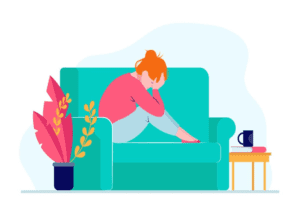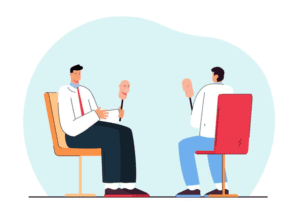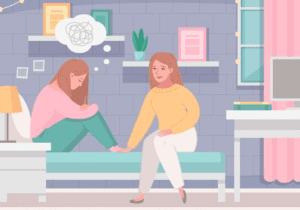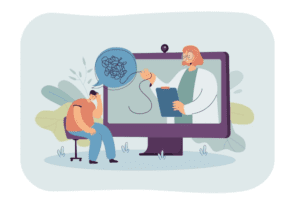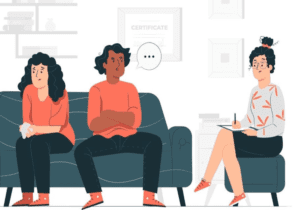What do you really know about ADHD?
This article has been researched and written by Nayla Daou. AI has not been used in producing this article.
ADHD, or attention deficit disorder, is a commonly known mental health disorder and can be easily described by teasing apart its acronym. Most of us have been made aware of the condition through social media, advertisements or friends but what does it really mean to have it and how is it diagnosed? To begin to answer that question, we must become familiar with the ADHD spectrum.
Have you ever been working on a project and had a great deal of difficulty focusing? Distractions turn your attention away; noises make you lose your train of thought and there’s always something else to do. These are all symptoms of ADHD, but they do not necessarily mean that you have the disorder, you may simply be on the spectrum.
What is the ADHD Spectrum?
The ADHD spectrum is a tool used to measure your level of symptoms and their severity. It was traditionally assumed that children unable to sit still in their classes were the only ones to receive the diagnosis of ADHD. However, new research has revealed that the disorder isn’t limited to a particular age group and is not a one-size-fits-all symptom-based diagnosis. In fact, many times, two individuals can have the disorder but display different behaviors. This is where the spectrum comes into play.
Mental health professionals use the spectrum to look at their patients from a holistic perspective, taking into account the varied symptoms and the motivations behind behavior. From their history and current symptoms, psychologists use the information to place patients on a spectrum from mild to severe. Depending on where they land on the spectrum, various treatments may be suggested.
ADHD Treatment
Treatment of the disorder can range from ADHD medication, to healthy living and behavioral strategies. Some examples of behavioral strategies and healthy living support that are used to treat patients with ADHD are meditation and mindfulness, dietary changes and deep breathing techniques. Those whose symptoms are on the more significant end of the spectrum might receive multiple types of supportive treatments. Whereas, individuals with milder symptoms may only receive behavioral and healthy living strategies.
Overview
With new evidence emerging that ADHD is not a one-size-fits-all diagnosis and treatment plan, it’s important to recognize the significance of understanding the spectrum. From mild to severe, the ADHD spectrum provides insight into the disorder and gives mental health professionals the ability to find treatment plans that are tailored to their patient and their individual symptoms.
10 Steps To Fix A Toxic Relationship
Every relationship has its fair share of ups and downs, but when toxicity creeps in, it can become a serious challenge. Toxic relationships can be emotionally draining and detrimental to our overall …
Exploring the Benefits of EMDR Therapy for Anxiety and Depression
Anxiety and depression are two of the most common mental health disorders worldwide, affecting millions of people every year. While traditional talk therapy and medication can be …
Health Effects of Untreated Depression
It’s very common to feel sadness at one point or another in our life. Depending on your specific circumstances, you may even feel …
Psychologists vs. Psychiatrists – What’s the Difference?
Clients shouldn’t have to jump through hoops to understand who the perfect candidate is for treating their emotional and/or behavioral struggles. Yet, understanding the type of provider you should see during …
Gentle Parenting: What is it and How to Try it Yourself
When it comes to raising children, no one has all the answers. Every parent and child have unique challenges and needs. Navigating these individual circumstances along with ever-changing environments, such as school …
How to Improve Your Relationship with Your Children – A Psychologist’s Guide
The modern family’s lifestyle leaves us shuffling from school to sports practice, family events, visiting friends, and everything in between. As society evolves to become more on-the-go and technologically advanced, w…
Tips for Communicating With Someone Who is Depressed
Knowing what to say to someone who is struggling with depression can be challenging. Perhaps you are afraid you might say the wrong thing. Or maybe you will say something that makes their day even worse? Maybe you fee…
Who Can Benefit From Couple Counseling?
Relationships are far from perfect. Each person brings his or her own ideas, values, opinions, and personal history into a relationship, and they don’t always match their partner’s. Those differences don’t necessaril…
What is EMDR Therapy and How Does it Help People?
Since the days of Freud, we’ve come to expect that managing our trauma is a lifelong journey. However, this is not the case. Eye Movement Desensitization and Reprocessing therapy (EMDR therapy) was developed in 1990 …
Everything You Need to Know About Couples Therapy
It’s perfectly expected for couples in relationships to face challenges from time to time. Every relationship has its unique needs and challenges. Couples see therapy for a number of unique reasons. From miscommunicat…

